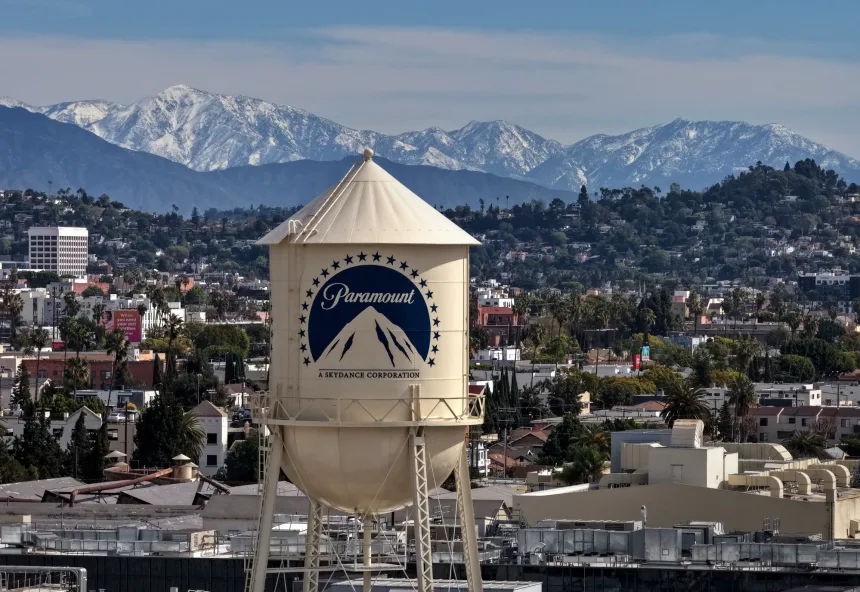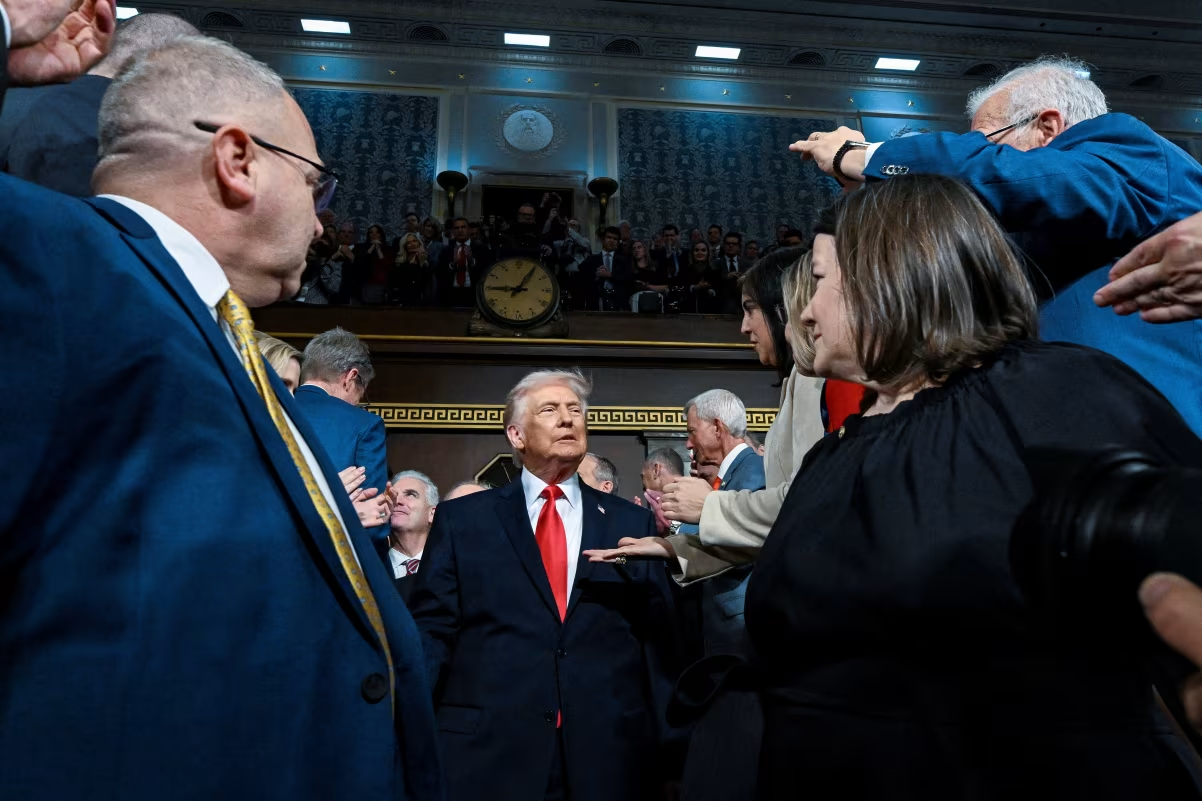Markets Mixed and Oil Prices Fluctuate as Investors Monitor Iran’s Response to US Strikes

Global financial markets showed a cautious reaction on Monday following US airstrikes on three Iranian nuclear sites over the weekend, as investors weighed the potential for broader escalation in the Middle East.
While initial oil price gains reflected early jitters, those gains reversed later in the day, and stock markets posted mixed results as attention turned to how Iran might respond.
Brent crude, the international oil benchmark, briefly surged above $80 per barrel—the first time since January—before retreating to $76.49, down 0.53%. West Texas Intermediate (WTI), the US benchmark, followed a similar trajectory, ending 0.62% lower at $73.38 per barrel. Oil futures have swung sharply since tensions between Israel and Iran reignited on June 13, rising nearly 10% on supply concerns.
Despite fears of potential retaliation by Iran—particularly a possible disruption to shipping through the vital Strait of Hormuz—markets did not appear to expect an immediate, large-scale conflict.
“The situation remains highly fluid, and much hinges on whether Tehran opts for a restrained reaction or a more aggressive course of action,” said Kristian Kerr, head of macro strategy at LPL Financial.
In equities, movement was modest. US stock futures edged slightly higher, with S&P 500 futures up 0.2% and Dow futures gaining 0.1%. In Europe, the DAX in Germany and France’s CAC 40 were flat, while the FTSE 100 in London inched up slightly. Asian markets were more volatile: Taiwan’s Taiex fell 1.4%, Japan’s Nikkei dipped 0.1%, and South Korea’s Kospi dropped 0.2%. Meanwhile, Hong Kong’s Hang Seng rebounded 0.7% and China’s Shanghai Composite rose 0.7%, driven by gains in energy stocks.
Investors are particularly focused on the Strait of Hormuz, through which roughly 20 million barrels of oil—or about 20% of the world’s daily supply—pass each day. The narrow passage is critical for crude shipments from the Persian Gulf, with most of the oil bound for Asia. A full-scale disruption could lead to oil prices soaring toward $120 or $130 per barrel, analysts warned.
However, several experts view a closure of the Strait as unlikely. Vandana Hari, CEO of energy market consultancy Vanda Insights, described such a move as a “remote tail risk,” citing Iran’s reliance on the waterway for its own oil exports, particularly to China. US officials have echoed that sentiment. Secretary of State Marco Rubio said blocking the strait would be “economic suicide” for Iran and invited China to encourage restraint given its dependence on oil imports through the region.
Iranian leadership has sent mixed signals. A prominent adviser to Supreme Leader Ayatollah Ali Khamenei called for a closure of the strait, while others have urged caution. The presence of an expanded US naval force in the area is seen by some analysts as both a deterrent and a potential response mechanism if shipping is threatened.
In other markets, gold, a traditional safe-haven asset, rose modestly, while the US dollar strengthened slightly against the yen, climbing to 147.49 from 146.66. The euro edged up to $1.1490.
Despite the heightened geopolitical tension, some analysts suggested that the financial impact could be short-lived. Daniel Hynes of ANZ Research noted that oil markets are better equipped to handle supply shocks today, thanks to increased global capacity and strategic reserves.
Daniel Ives, a tech analyst at Wedbush Securities, predicted that while volatility could persist in the coming days, markets may soon view the strike as an isolated event.
“The worst is now in the rearview mirror,” he said.
With input from the Associated Press, CNN, and the New York Times.









The latest news in your social feeds
Subscribe to our social media platforms to stay tuned